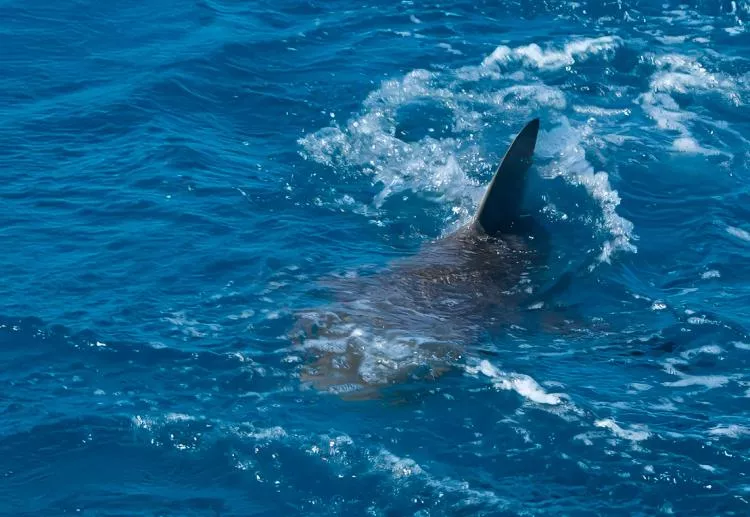Shark conservation: A critical reassessment needed
Despite increased regulations and finning bans, a new study reveals that shark mortality rates have continued to rise globally, necessitating a reevaluation of current conservation strategies.
Over the past two decades, sharks have become emblematic of the world's threatened wildlife, leading to heightened scientific, regulatory and public scrutiny. However, a recent study challenges the effectiveness of these protective measures, revealing that global shark mortality has not only persisted but increased, despite increased regulations and finning bans.
Surge in shark mortality
The study estimated that total fishing-induced shark mortality globally increased from at least 76 million to 80 million between 2012 and 2019, with around 25 million of these being threatened species. This increase was observed despite a more-than-tenfold rise in international and national management measures addressing shark fishing and finning since 2000.
Ineffectiveness of anti-finning policies
Contrary to expectations, widespread legislation designed to prevent shark finning did not significantly reduce overall shark mortality. Instead, the study found that regional shark fishing or retention bans had some success in reducing mortality rates. This highlights a critical gap in current conservation strategies, where the focus on finning bans may have inadvertently overlooked broader issues in shark fisheries management.
The study also noted a shift in market demands and fishing practices. As regulations against finning were enforced, new markets for shark meat and oils emerged, complicating the conservation landscape. This diversification in demand has amplified the complexity of shark conservation, presenting unprecedented challenges.
Effective strategies
Despite these challenges, the study identified some effective conservation strategies. These include public awareness campaigns, market pressures for sustainable seafood products, and regional fishing bans. The study also highlighted the role of accountable governance in reducing shark mortality, suggesting that democratic governance correlates with better outcomes for sharks.
A key limitation of the study was the quality and transparency of data. The researchers emphasised the need for improved data reporting and transparency in fishing practices to better assess and manage shark populations. This includes more comprehensive documentation of discarding practices and addressing illegal, unreported and unregulated (IUU) fishing.
A call to action
The findings of this study underscore the need for a comprehensive approach to shark conservation that goes beyond finning bans. This includes area-based conservation, improved shark-specific fisheries management and effective bycatch mitigation. The study suggests that science-based harvest control rules, similar to those adopted for tuna stocks, should be applied to shark fisheries. Additionally, increased transparency and accountability in fishing practices are essential for the successful implementation of these measures.
























